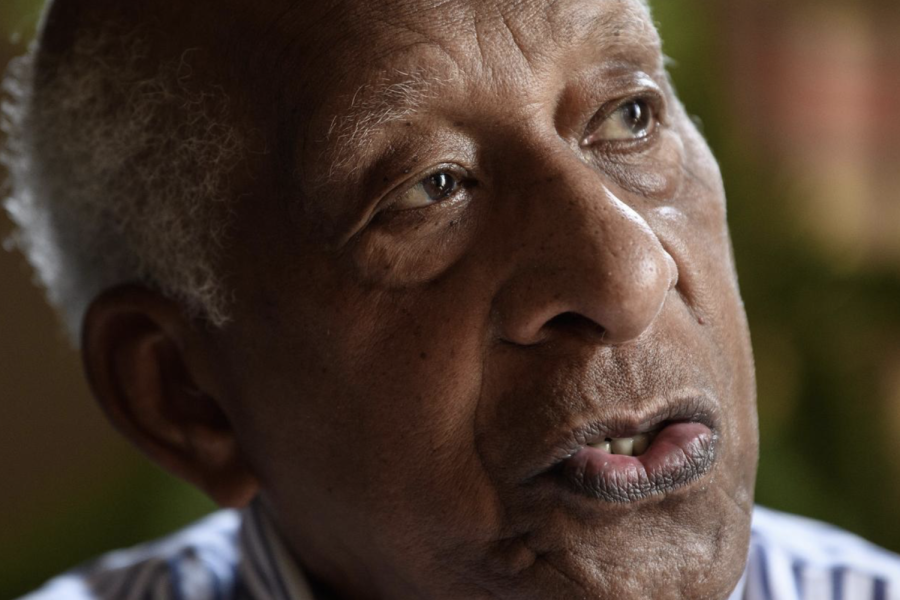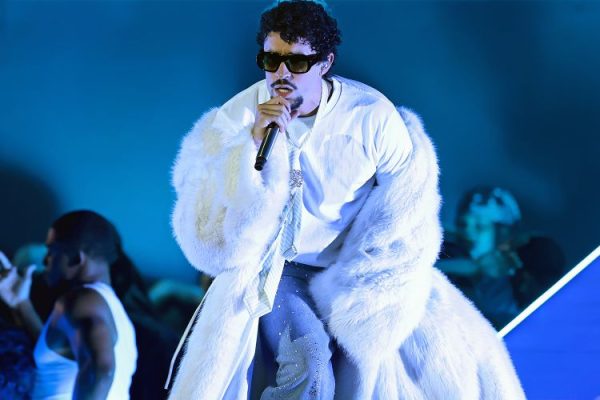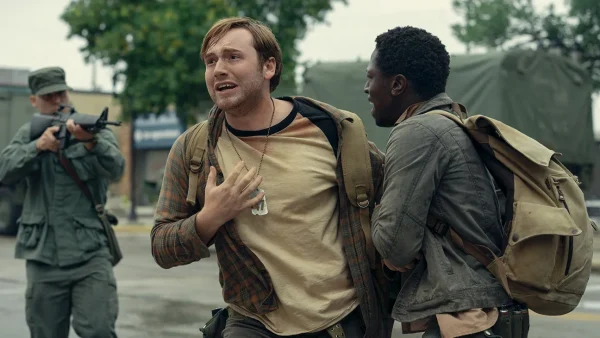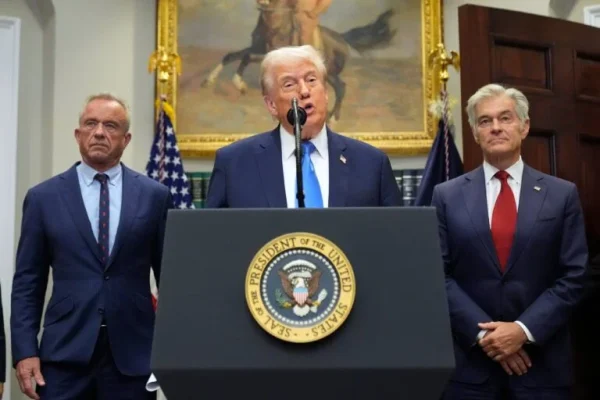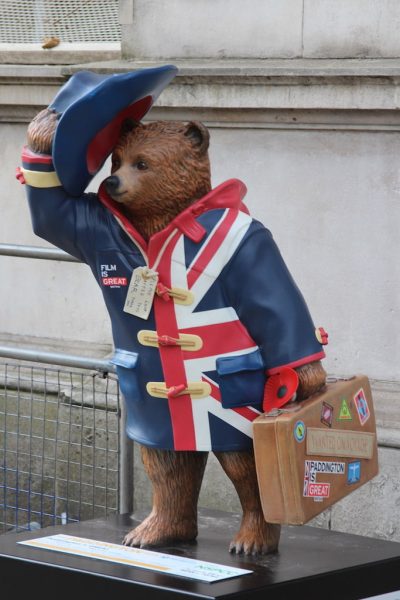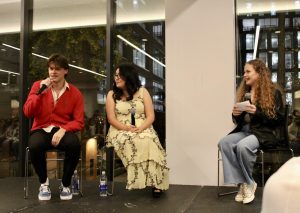Civil rights activist Daniel Smith passes away at 90
October 24, 2022
American civil rights activist and one of the last remaining children of a slave, Daniel Smith, passed away at age 90. Daniel’s second wife Loretta Neumann stated he passed away on Oct. 19 at a hospice center in Washington. His children were also by his side.
Smith was born on March 11, 1932, in Winsted, CT. He was one of six children born to parents Abram and Clara. According to Zenger News, Daniel’s family made up almost half of the Black population in his hometown. His father Abram was born into slavery in 1863 during the Civil War and would later become a slave himself. Being born only one generation after the abolition of slavery, Smith spent much of his childhood listening to stories from his father about what it was like to grow up in those conditions. These stories would fuel Daniel’s passion for civil rights and encourage him to lead a life of activism.
Smith recalled much of what his father told him about slavery. “[He] used to get out of bed, sneak into [his] parents’ room, and put [his] head at the bottom of the bed, listening to their conversations,” he said. His father used to tell stories about the whipping posts and the hanging tree. “On Sundays, [they] would go to church, and you would hear people talking about similar things, but they had worse stories,” he said.
Because he grew up in a town with a very small Black population, he was seen as popular by the other students due to the fact that he was the only Black student. Daniel also faced no “girl trouble” at school, as they could not publicly establish a relationship with him. After high school, he went on to serve in the United States military. He worked as an operating room technician and scrub nurse during the Korean War.
When he returned home from the military, Smith wanted to go to college and then to veterinary school. While attending undergrad, he heard of the murders of four young Black girls at the hands of the Klu Klux Klan (KKK). Because of this, he decided to leave school and join the civil rights movement.
His decision allowed him to be a part of many important events in history. Dr. Emily Welty, the Director of the Peace and Justice Studies Department at the University said, “Daniel Smith was not only famous for marching with [Martin Luther] King [Jr.] but also for the kind of constructive community organizing that he did with communities in rural Alabama.”
Smith described the March on Washington as “unbelievable” saying there was not a “dry eye in the room.” After moving to Alabama to continue his civil advocacy work, he led an antipoverty program in Lowndes County. During this, the church he was building was burned down, though afterwards, he proceeded to continue to run the program from a trailer on the same property.
Smith was rear-ended and chased by a car of white men who shouted racist comments at him. Smith said that “they came around the side of [his] car and said, ‘pull over Black coon!’ [He] sped as fast as [he] could and made it to [a] gas station.” Making it to a public gas station was the reason he survived the attack, he noted.
Smith moved to Washington, D.C. in 1968 where he developed neighborhood health centers and was hired to direct a program at the National Institutes of Health in 1972. At this position, he continued to face racial discrimination and battled with the government frequently.
Dr. Welty also said she “was saddened to learn of this death… Too often the people who are known as civil rights leaders are reduced to the same handful of names, when the reality was that thousands of people have undertaken serious risks to fight for the civil rights of all of us.” She believes it is important to remember people like Smith and everything he did for the civil rights movement.
After he retired in 1994, he volunteered at the Korean War Veterans memorial. He also volunteered at Washington National Cathedral where he was a head usher and escorted Presidents Bill Clinton and George W. Bush.
In 2020, Smith voiced concern regarding the future of America in terms of civil rights. He felt that the country was going backward, towards slavery, and that we were “almost to the point where [slavery] could happen again.”
“As we try to think about how to keep our activism relevant, fresh and creative, it is easy to forget how critical it is to include elders in the struggle in meaningful ways. We have so much to learn from his generation,” Dr. Welty said.

